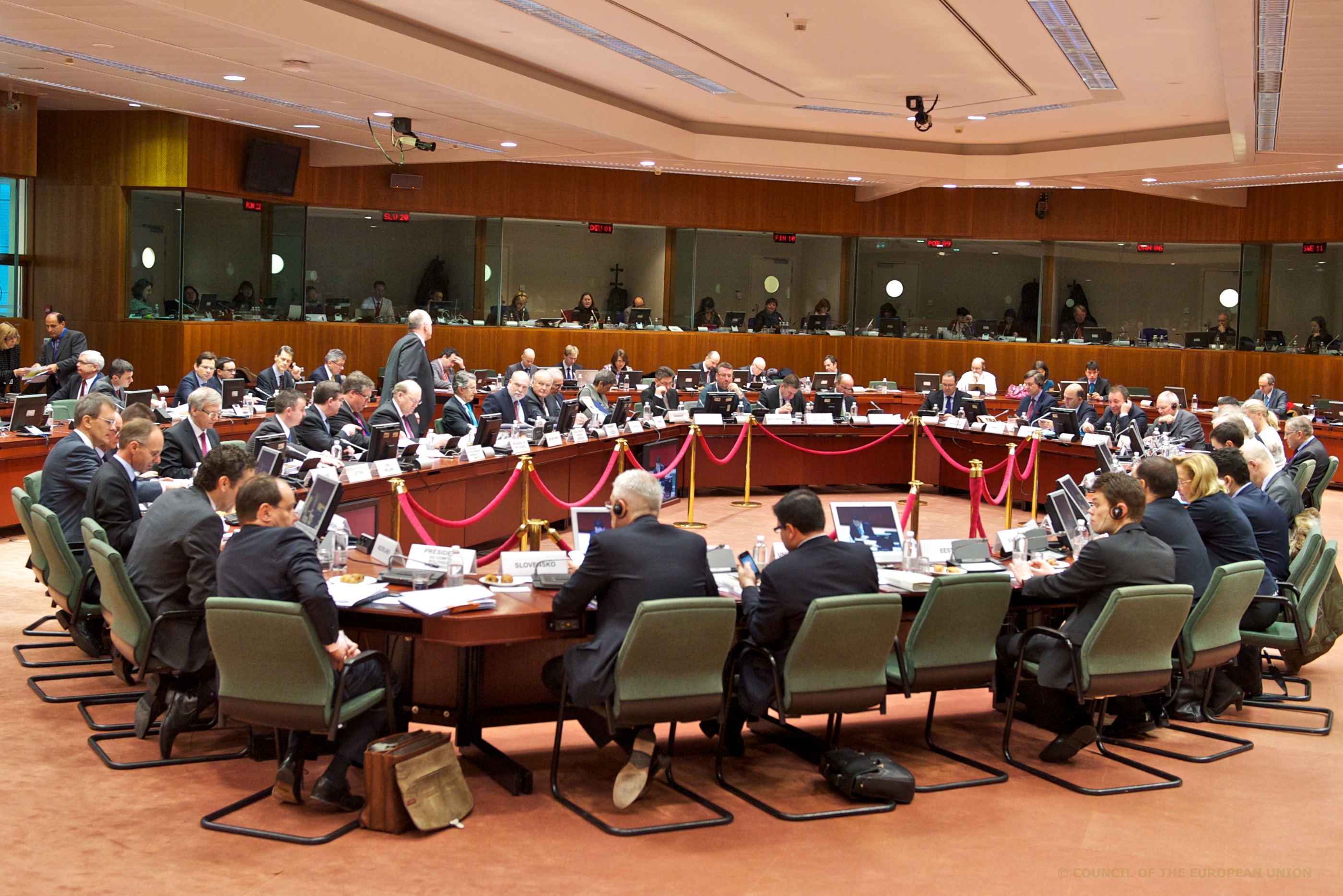In a landmark meeting held on [insert date], the European Council celebrated the significant strides made in the realm of statistics within the European Union. The 2023 conclusions on EU statistics reflect a collective commitment to transparency, accuracy, and the utilization of cutting-edge methodologies to enhance the quality of data across member states.
Table of Contents
ToggleStrengthening Data Accuracy:
One of the key highlights of the 2023 conclusions is the emphasis on strengthening data accuracy. The European Council recognizes the pivotal role accurate statistics play in informed decision-making, policy formulation, and effective governance. Efforts have been made to bolster the infrastructure for data collection, ensuring that information reflects the most current and relevant aspects of the EU’s socio-economic landscape.
Integration of Technology:
The Council commended the successful integration of technology in statistical processes. From advanced data analytics to artificial intelligence, member states have embraced technological advancements to streamline data collection, analysis, and reporting. This shift towards technology not only enhances efficiency but also paves the way for more innovative approaches to statistical research.
Cross-Border Collaboration:
Collaboration among member states has been a cornerstone of the EU’s statistical progress in 2023. The Council underscored the importance of cross-border cooperation in ensuring uniformity and comparability of data. By harmonizing methodologies and sharing best practices, the EU is fostering an environment where statistical insights transcend national boundaries, providing a more holistic understanding of the interconnected European landscape.
Adapting to Emerging Challenges:
In the face of evolving challenges, the Council acknowledged the adaptability of EU statistics. The COVID-19 pandemic, economic fluctuations, and climate change have posed unique challenges to data collection and analysis. The 2023 conclusions highlight the resilience of the statistical framework, showcasing its ability to adapt to unforeseen circumstances and provide timely and relevant information to guide policy responses.
Engaging Stakeholders:
A notable aspect of the 2023 conclusions is the emphasis on engaging stakeholders in the statistical process. By involving the private sector, academia, and civil society, the EU aims to foster a collaborative approach to data-driven decision-making. This inclusivity ensures that a diverse range of perspectives and expertise contributes to the development and enhancement of statistical methodologies.
Conclusion:
The 2023 conclusions on EU statistics signal a significant milestone in the journey towards a more robust, transparent, and technologically advanced statistical framework. As the European Union continues to navigate a complex socio-economic landscape, the commitment to accuracy, collaboration, and adaptability positions EU statistics as a cornerstone for evidence-based policymaking and a crucial tool for understanding and addressing the challenges of the 21st century




